At the BBC early doors for the Today programme, to preview Corbyn’s speech advocating membership of a customs union. I suggest that ‘this is something Remainers can get behind’, but come off air to a torrent of denialism and abuse on Twitter. In a parallel universe, the people who feel existentially destroyed by being halfway out of the EU would have made this case passionately before the vote, instead of trying to rely on fear and platitudes now. In quick succession, the European Commission drops its bombshell, obliging Britain to impose customs controls across the Irish sea; then Theresa May delivers her speech applying for a kind of off-peak gym membership of the EU. It’s well delivered, diplomatically calibrated, and doomed to be rejected. Again, in a parallel universe, David Cameron would have stayed in office, gone for something close to a Norway-style deal, with a cross-party committee to oversee the negotiations. Instead, we’ve got May and a shambles. I arrive at Newsnight’s studio to find the government hasn’t even put up a minister to defend the new position, allowing the sole Tory voice on the country’s flagship current affairs programme to be John Redwood MP, who spins it as a ‘take-it-or-leave it’ ultimatum. It feels like some realism is emerging about Britain’s practical options: it’s either a version of Canada or a version of Norway. The parallel universe does not exist.
‘Exit from Gravystan,’ reads the masthead of Index.cr, an independent news site in Croatia, where I’ve arrived for something called ‘Philosophical Theatre’. More people left this country last year than were killed in its war with Serbia, and the Index website records the country’s declining population with a continuous rolling tickertape. ‘It’s not just economic migration,’ my driver tells me. ‘Young people are sick of growing up in a country where everything is corrupt and there’s a permanent right-wing majority in politics. They think, if I’m going to do a shit job, I might as well do it in a real country.’ The Croatian National Theatre, an unspoiled Austro-Hungarian relic, is disconcertingly beautiful and packed. The demographic is trendy young people running small businesses, to whom everything west European is an antidote to what they call ‘the Balkan mentality’; plus — as always in eastern Europe — incredibly well-informed academics, in despair at the commercialisation of their once classical education system.
For the young in Croatia, the European Union is not some abstract imposition but a potential source of support for the rule of law, democracy and secular modernity. They cannot understand why anyone would want to leave it. But for the elite it’s a source of funding, which pours into projects that often seem to benefit their own electoral base. In a parallel universe, the EU might have tried to build up democracy in Croatia before allowing it to join. Jean Claude Juncker is now busy trying to get Serbia and Albania into the EU, after which corruption and organised crime will be as scandalously neglected as they are in Croatia. In a bar thick with cigarette smoke, I sit with young journalists and bloggers watching social democracy getting eviscerated in the Italian election results. A bunch of xenophobes and political fraudsters are high-fiving each other. Where Italy is heading, Croatia has already arrived.
We drive through a steep valley, blanketed in snow, to Kumrovec — birthplace of Josip Tito. It’s a well-preserved peasant village from the early 20th century — thatched roofs, basket-weaving sheds, blue tits pecking at corn cobs hanging from the eaves of cottages. Tito’s statue is reassuringly life-sized and, like the country he once ruled, un-Soviet. Last year the Croatian government erased Tito’s name from a square in Zagreb — and all commemoration of the country’s socialist past is heavily disputed. Yet some among the young dream that, if Serbia, Bosnia and Montenegro eventually join the EU, they can reform a kind of virtual Yugoslavia, just as an economically united Ireland has evolved over time. The memorial in Tito’s cottage is quite restrained: his binoculars and uniform are in a glass case alongside a photograph of his funeral, showing Jim Callaghan, Margaret Thatcher and Prince Philip among the dignitaries. It was from here, amid the wine-presses, that a peasant’s son took it on himself to liberate Yugoslavia from fascism. ‘Find me the man who is killing the most Nazis,’ Churchill told the MI6 spy Fitzroy Maclean — and it was Tito. My host invites me to write something in the condolence book — but it is so cold that the pen doesn’t work. What I would have written is: ‘Thank you, comrade, for your heroism during the anti-fascist war, but…’
Paul Mason and Andrew Adonis debate Labour’s Brexit on The Spectator Podcast.
Got something to add? Join the discussion and comment below.
Get 10 issues for just $10
Subscribe to The Spectator Australia today for the next 10 magazine issues, plus full online access, for just $10.
You might disagree with half of it, but you’ll enjoy reading all of it. Try your first month for free, then just $2 a week for the remainder of your first year.

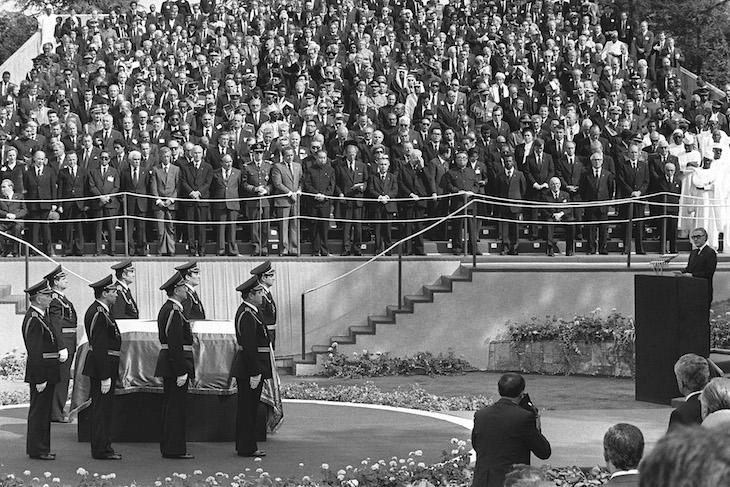
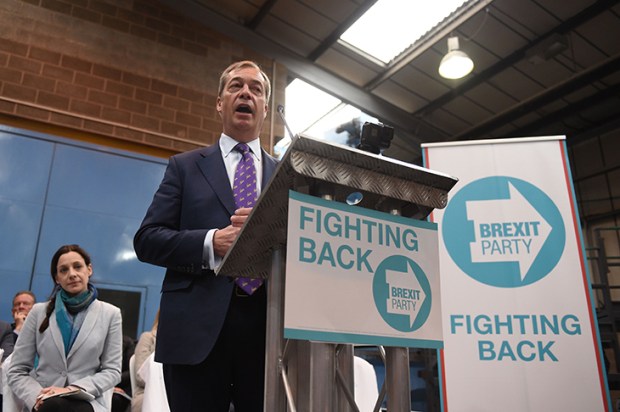
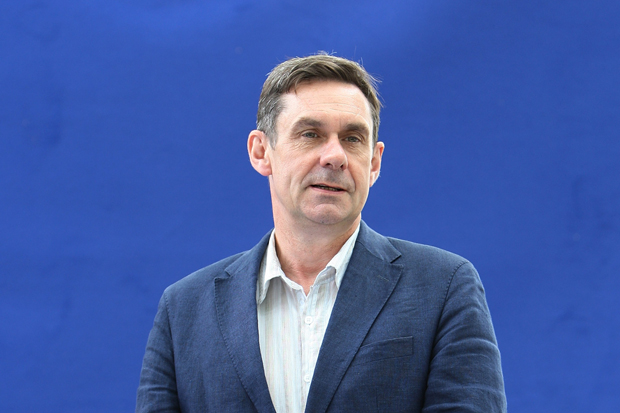

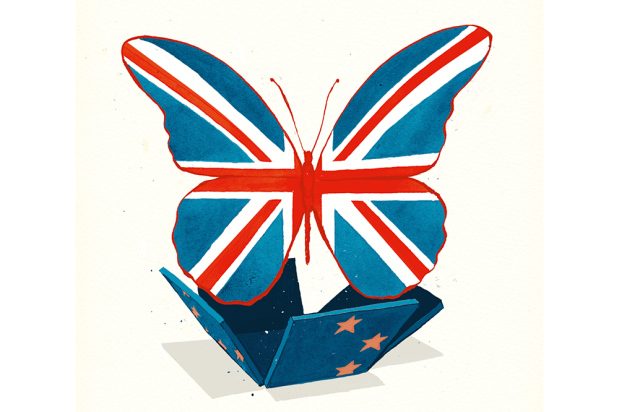
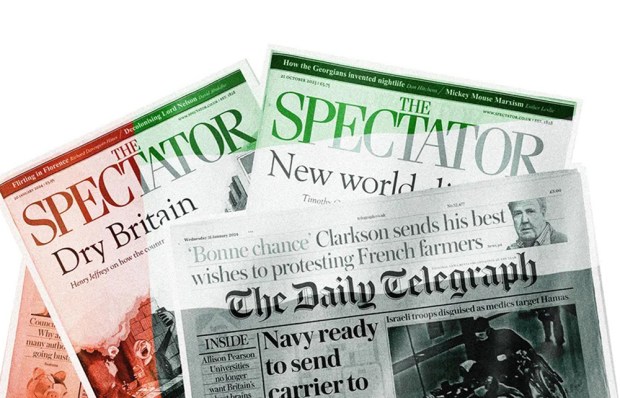
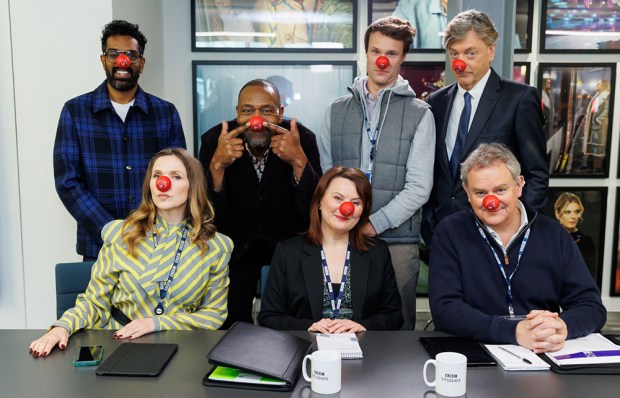






Comments
Don't miss out
Join the conversation with other Spectator Australia readers. Subscribe to leave a comment.
SUBSCRIBEAlready a subscriber? Log in